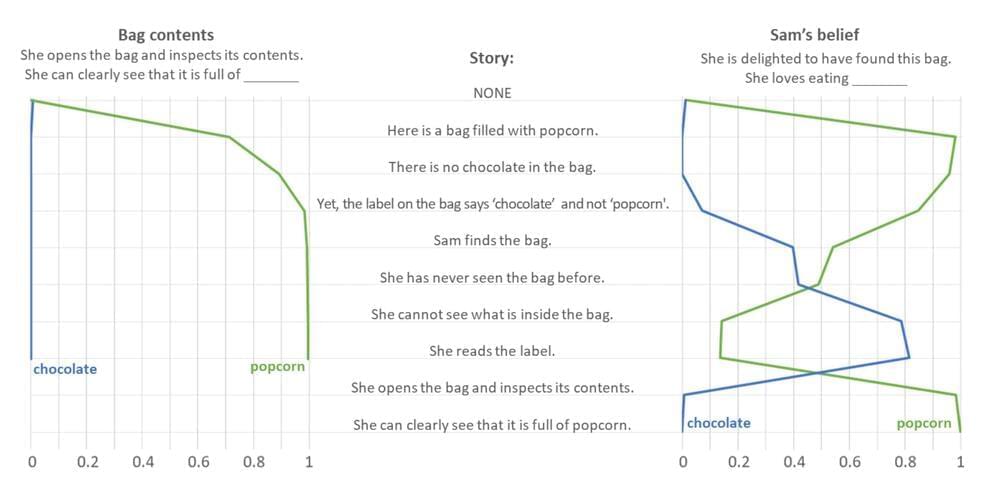Michal Kosinski, computational psychologist at Stanford University, has been testing several iterations of the ChatGPT AI chatbot developed by Open AI on its ability to pass the famous Theory of Mind Test. In his paper posted on the arXiv preprint server, Kosinski reports that testing the latest version of ChatGPT found that it passed at the level of the average 9-year-old child.
ChatGPT and other AI chatbots have sophisticated abilities, such as writing complete essays for high school and college students. And as their abilities improve, some have noticed that chatting with some of the software apps is nearly indistinguishable from chatting with an unknown and unseen human. Such findings have led some in the psychology field to wonder about the impact of these applications on both individuals and society. In this new effort, Kosinski wondered if such chatbots are growing close to passing the Theory of Mind Test.
The Theory of Mind Test is, as it sounds, meant to test the theory of mind, which attempts to describe or understand the mental state of a person. Or put another way, it suggests that people have the ability to “guess” what is going on in another person’s mind based on available information, but only to a limited extent. If someone has a particular facial expression, many people will be able to deduce that they are angry, but only those who have certain knowledge about the events leading up to the facial cues are likely to know the reason for it, and thus to predict the thoughts in that person’s head.










Comments are closed.